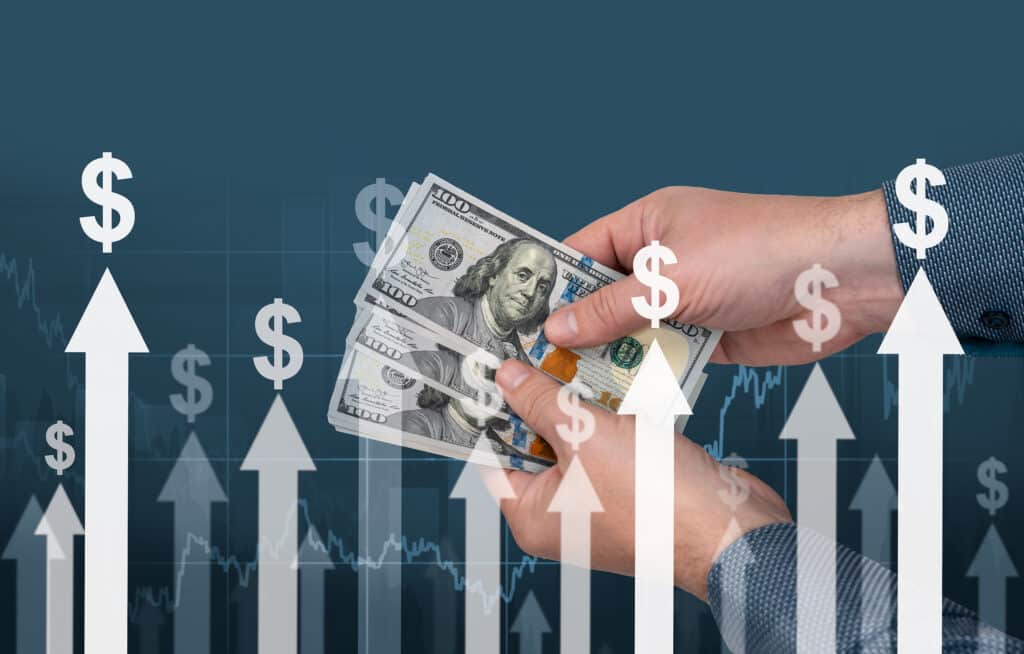
When you visit a pawn shop to either buy or sell valuable items, one of the key factors that determine the success of the transaction is the pawn shop valuation. This valuation is the process by which a pawn shop assesses the value of your item, typically based on its market worth, condition, and demand. Understanding how pawn shop valuation works can help you make better decisions when trying to sell or pledge your valuable assets.
Table of Contents
What is Pawn Shop Valuation?
Pawn shop valuation is the process by which a pawnbroker estimates the value of an item, usually based on several factors such as its condition, market price, rarity, and demand. The value of the item is important because it determines how much the pawn shop will offer you, either as a loan amount if you’re pawning the item or as a purchase price if you are selling it outright.
For example, when you take an item such as jewelry, watches, or gold to a pawn shop, the pawnbroker will assess its quality, brand, age, and authenticity. Once these aspects are evaluated, the pawnbroker will make an offer based on their valuation. The process is similar for other items like electronics, collectibles, and firearms. Understanding pawn shop valuation helps you get the most out of your asset by allowing you to make informed decisions during the negotiation process.
The Key Factors Involved in Pawn Shop Valuation
The first step in pawn shop valuation involves a detailed evaluation of the item. A pawnbroker will closely examine its condition. If an item is damaged, it will likely reduce its value, and in some cases, the pawnbroker may not offer a deal at all. For instance, when you take a gold bracelet to a pawn shop, the pawnbroker will inspect the gold’s purity, weight, and overall condition to determine how much it is worth. In contrast, if a watch is missing components or is in poor condition, it may be valued at a significantly lower amount.
Another critical aspect that impacts pawn shop valuation is the brand and model of the item. High-end, well-known brands often command higher valuations because of their reputation and demand in the market. For example, if you take a Rolex watch or a designer handbag to a pawn shop, these items will typically fetch a higher value due to their brand recognition and desirability.
Demand and market trends also play an essential role in pawn shop valuation. For example, if the market is currently seeing high demand for certain types of collectibles or precious metals, the pawn shop may offer you a higher amount for those items. Pawnbrokers are keen to stay updated on current market trends, and their valuations will reflect these changes.
The Valuation Process: What to Expect When Pawning or Selling
When you visit a pawn shop, the pawnbroker will begin by examining the item you wish to sell or pawn. It’s important to understand that pawn shops will generally offer only a percentage of the item’s market value. This is because they need to cover their costs and make a profit. For example, when pawning gold, a pawn shop may offer you 50-70% of the gold’s market value, while if you were selling it outright, the percentage might be even lower.
The pawnbroker will weigh and measure the item, look at its condition, and check for any markings or authentication certificates that indicate its value. If there are any discrepancies in the item’s authenticity, the valuation may be lower.
Once the valuation is complete, the pawn shop will make an offer based on the appraised value. If you accept the offer, you’ll be required to sign an agreement, which will outline the terms of the transaction. If you are pawning an item, the agreement will include details about the loan amount, interest rate, and repayment terms. In the case of a sale, the terms of ownership will be transferred to the pawn shop immediately.
How to Maximize the Value of Your Item in Pawn Shop Valuation
To get the best possible deal during a pawn shop valuation, there are a few things you can do to maximize the value of your item. First, ensure that your item is in the best condition possible. Clean jewelry, watches, and other valuable items, as well-maintained products are valued higher than those in poor condition. For example, polishing gold buyers jewelry or cleaning your watch can make a significant difference in how much a pawn shop will offer you.
Providing proof of authenticity, such as certificates or receipts, can also increase the pawn shop valuation. If you have the original packaging or paperwork for a high-end watch or piece of jewelry, this can show the item’s authenticity and value, making it more desirable to the pawnbroker.
It’s also essential to do some research before visiting a pawn shop. Familiarize yourself with the current market value of your item to get an idea of how much you can expect in return. This knowledge can help you negotiate a better offer and avoid being undervalued by the pawnbroker.
Common Mistakes to Avoid in Pawn Shop Valuation
When dealing with pawn shops, it’s important to avoid common mistakes that can negatively impact the pawn shop valuation process. One common mistake is not understanding the true value of your item. Sometimes, people overestimate the value of their assets, which can lead to disappointment when they receive a lower offer. Doing thorough research before visiting a pawn shop can help ensure that you know what to expect and that your item is properly valued.
Another mistake is failing to shop around. Not all pawn shops offer the same valuation, and it’s worth visiting multiple shops to get quotes. Different pawn shops may have different prices based on their individual expertise, customer base, and inventory needs.
Finally, don’t be afraid to negotiate. Pawn shop valuation is not set in stone. While the pawn shop will offer you a price based on their evaluation, there may be room for negotiation, especially if you have done your homework and can demonstrate the value of your item. Be confident and assertive, and you may be able to secure a higher offer.
Conclusion: Understanding Pawn Shop Valuation
Pawn shop valuation is an essential part of the pawn process. It determines how much you can get for your item and influences the overall outcome of your transaction. By understanding the factors that affect pawn shop valuation, such as item condition, market demand, and authenticity, you can make better decisions when selling or pawning your valuables.
